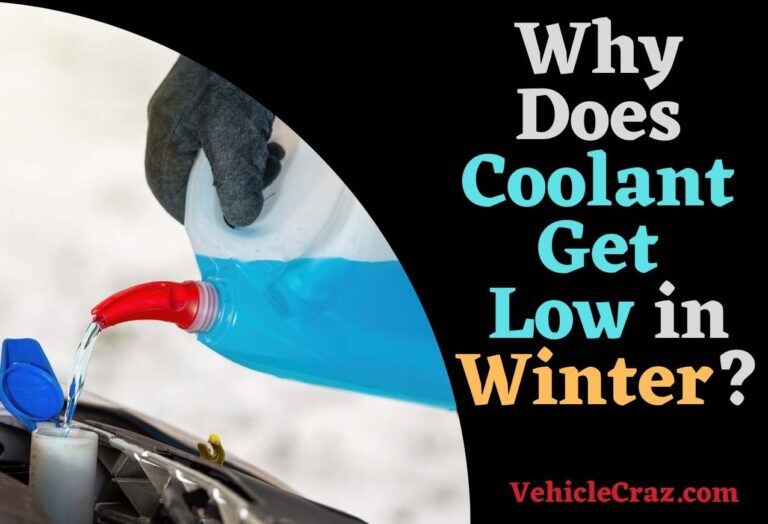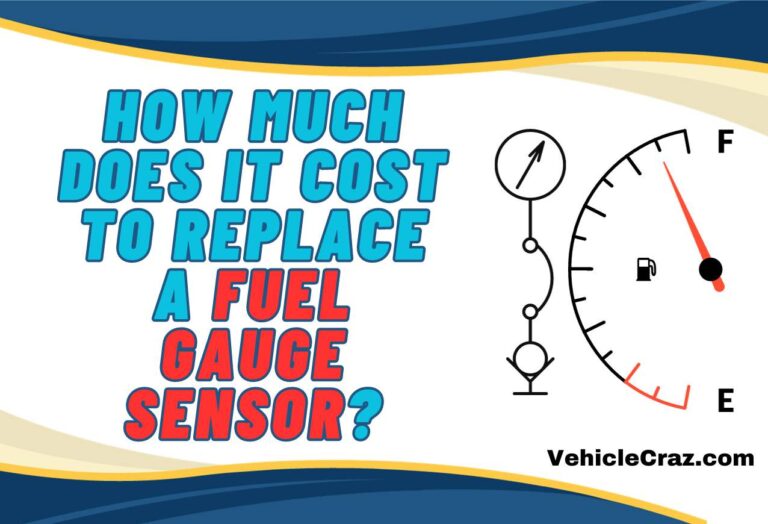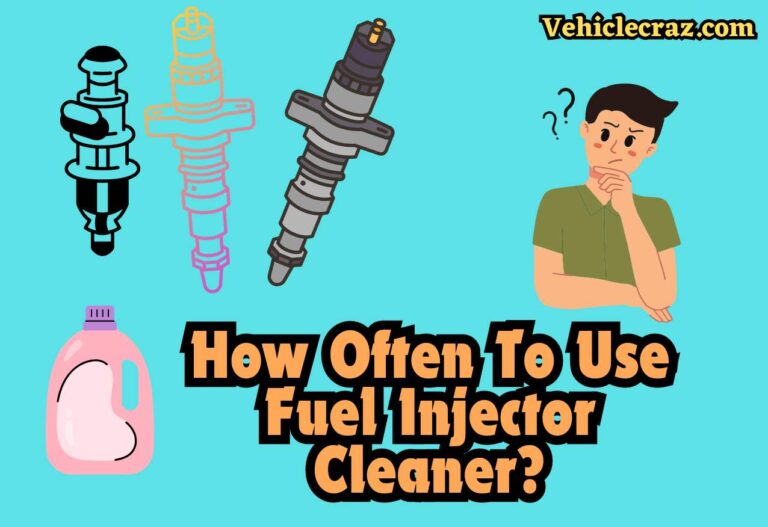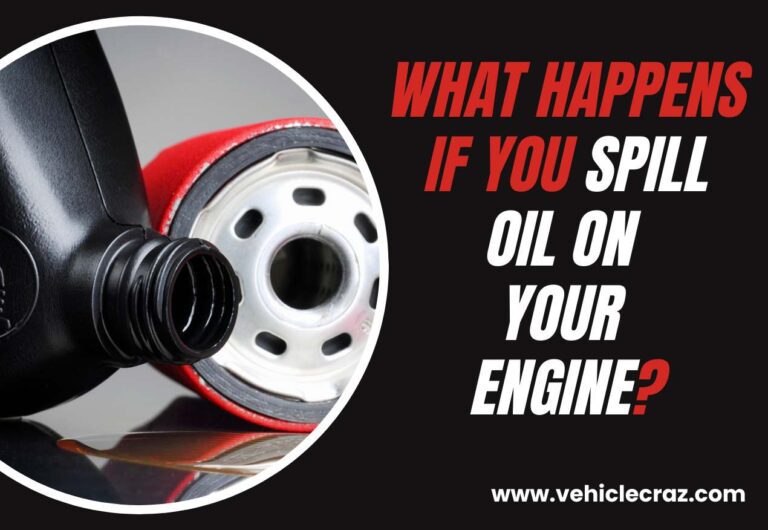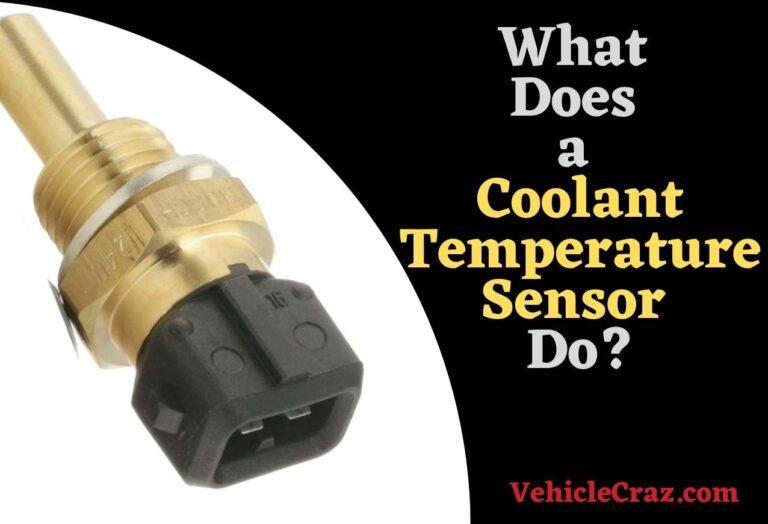Do Octane Boosters Harm Your Engine?
If you are a fan of octane boosters no wonder you have this question in your mind. Do octane boosters harm your engine? If they do, in what ways and how to prevent it? We know you are curious about the answers to these questions and that is why we recommend you to read this article till the end.
Do Octane Boosters Harm Your Engine?
Octane boosters, when used according to the manufacturer’s instructions, typically do not harm your engine.
However, using too much octane booster can lead to issues such as engine knocking or pre-ignition, which can be harmful to your engine. It’s important to follow the recommended dosage.
In addition, some octane boosters contain additives that can leave residue in your fuel system over time. This residue can potentially clog fuel injectors or other components if not addressed.
Another important factor is compatibility as not all octane boosters are suitable for all engines. It’s essential to choose a product that is compatible with your engine type and fuel system.
Also, some octane booster products may make exaggerated claims about their effectiveness or safety. It’s important to research and choose a reputable product.
In some cases, addressing the root cause of low-octane fuel, such as using higher-octane gasoline or addressing engine issues, may be a better long-term solution than relying on octane boosters.
All in all, while octane boosters can be safe and effective when used correctly, it’s essential to use them responsibly and follow the manufacturer’s instructions to avoid potential harm to your engine. If you have any concerns, consult with a mechanic or fuel expert for advice specific to your situation.
How Can Octane Boosters Damage the Engine?
Improper use or overuse of octane boosters can potentially damage your engine in several ways. Some of them are explained below.
Excessive Deposits
Some octane boosters contain additives that can leave deposits in the fuel system over time. These deposits can build up and potentially clog fuel injectors or other components, leading to poor engine performance.
Misalignment with Engine Requirements
Using an octane booster that is not compatible with your engine or fuel system can lead to issues such as engine knocking or pre-ignition, which can be harmful to your engine.
Inconsistent Performance
The effectiveness of octane boosters can vary depending on the brand and formulation. Using a low-quality or ineffective octane booster may not provide the desired benefits and could potentially harm your engine.
Potential for Overuse
Using too much octane booster can lead to engine damage, as it can alter the combustion process and lead to issues such as increased cylinder pressure or elevated temperatures.
Fuel System Damage
In extreme cases, the use of octane boosters can lead to damage to the fuel system components, such as the fuel pump or fuel lines, if the booster is not compatible with these parts.
Which Parts of a Vehicle Are Vulnerable to Octane Booster Damages?
If used incorrectly, octane boosters can potentially harm certain parts of a vehicle. Here are the parts that could be vulnerable:
- Fuel System: Octane boosters contain chemicals and additives that, if not compatible with the fuel system components, can cause damage. This includes the fuel pump, fuel lines, and fuel injectors.
- Engine Components: Using octane boosters excessively or inappropriately can lead to issues such as engine knocking or pre-ignition, which can damage components like pistons, valves, and cylinder walls.
- Exhaust System: In some cases, octane boosters can lead to increased exhaust temperatures, which may impact components of the exhaust system like the catalytic converter.
- Oxygen Sensors: Certain octane boosters may contain additives that can affect the functionality of oxygen sensors, which are crucial for monitoring and regulating the air-fuel mixture in the engine.
Are there Any Specific Engine Types that are More Susceptible to Damage From Octane Boosters?
While any engine can potentially be affected by improper use of octane boosters, some engine types may be more susceptible to damage due to their design or fuel system characteristics.
High-Performance Engines
Engines designed for high performance, such as those in sports cars or race cars, often have higher compression ratios and more advanced ignition systems. These engines may be more sensitive to changes in fuel composition and more prone to issues like knocking or pre-ignition if an octane booster is not used correctly.
Turbocharged or Supercharged Engines
Engines equipped with turbochargers or superchargers compress the air-fuel mixture before it enters the combustion chamber, increasing the risk of knocking. Using an octane booster can be beneficial in these engines to prevent knocking, but care must be taken to use the correct amount.
Older or High-Mileage Engines
Older engines or engines with high mileage may have more wear and tear on components like piston rings and valves, making them more susceptible to damage from knocking or pre-ignition. Using an octane booster in these engines may help prevent knocking but should be done cautiously to avoid overloading the engine.
Fuel-Injected Engines
Engines with fuel injection systems may be more sensitive to changes in fuel composition, as the fuel is delivered directly into the combustion chamber. Using an octane booster in these engines may require more precise dosing to avoid adverse effects.


I’m Alex, a seasoned mechanical teacher with over 20 years of hands-on experience in Australia. My passion for all things automotive has driven me to establish this blog, aiming to share my wealth of knowledge and expertise with fellow enthusiasts, DIYers, and anyone keen on understanding the mechanics behind the machines we rely on daily.

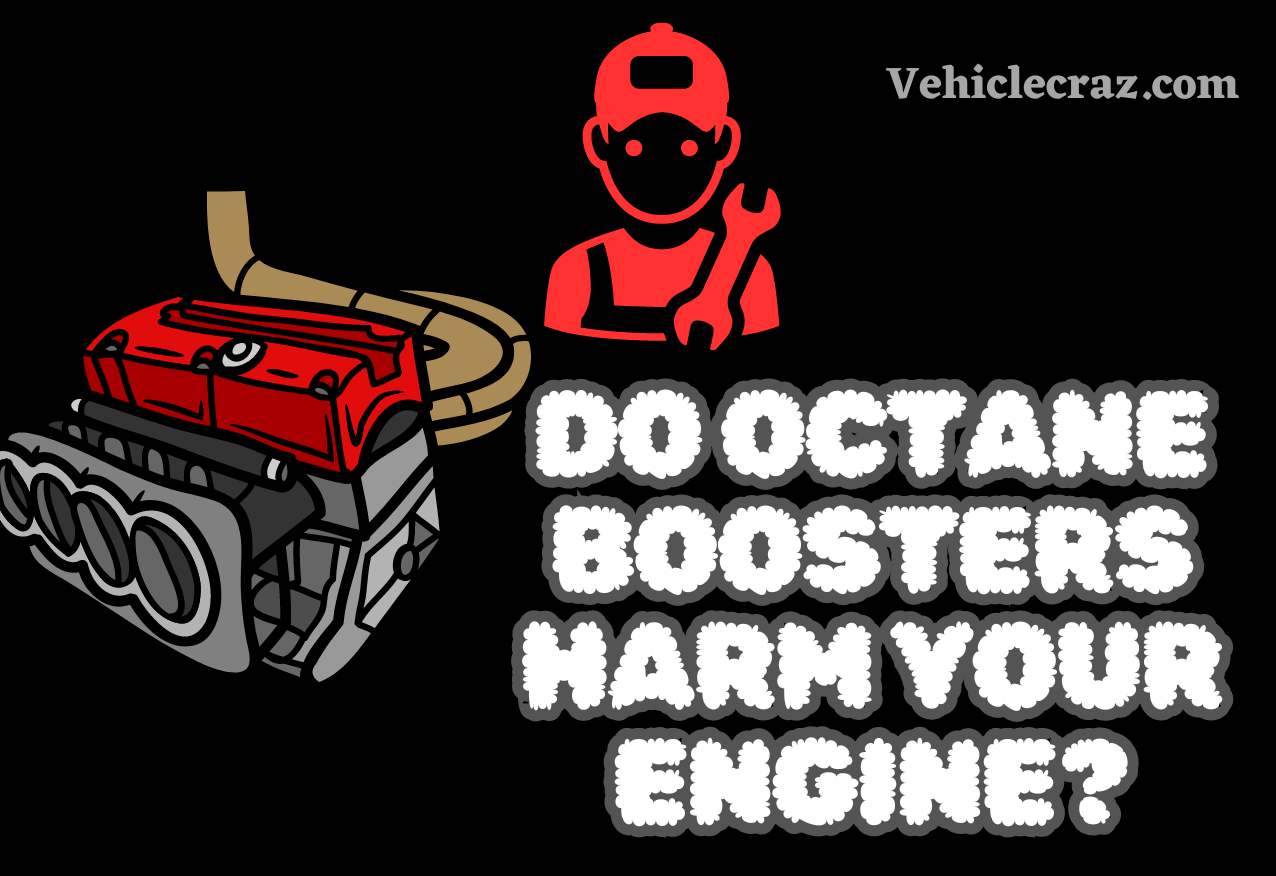
![Coolant Mixed With Transmission Fluid? [Causes And Fixes]](https://vehiclecraz.com/wp-content/uploads/2024/03/Maximum-Level-3-768x524.jpg)
